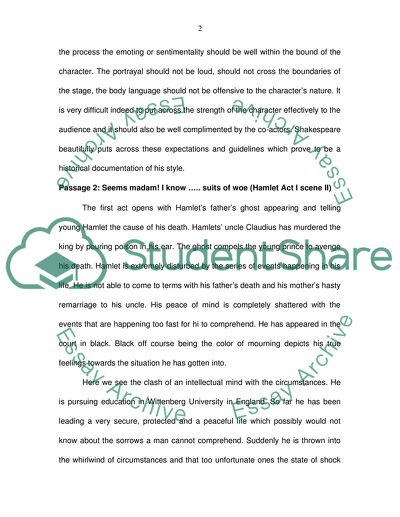Cite this document
(“Shakespeares Greatest Tragedy Hamlet Assignment”, n.d.)
Shakespeares Greatest Tragedy Hamlet Assignment. Retrieved from https://studentshare.org/literature/1725236-passages
Shakespeares Greatest Tragedy Hamlet Assignment. Retrieved from https://studentshare.org/literature/1725236-passages
(Shakespeares Greatest Tragedy Hamlet Assignment)
Shakespeares Greatest Tragedy Hamlet Assignment. https://studentshare.org/literature/1725236-passages.
Shakespeares Greatest Tragedy Hamlet Assignment. https://studentshare.org/literature/1725236-passages.
“Shakespeares Greatest Tragedy Hamlet Assignment”, n.d. https://studentshare.org/literature/1725236-passages.


